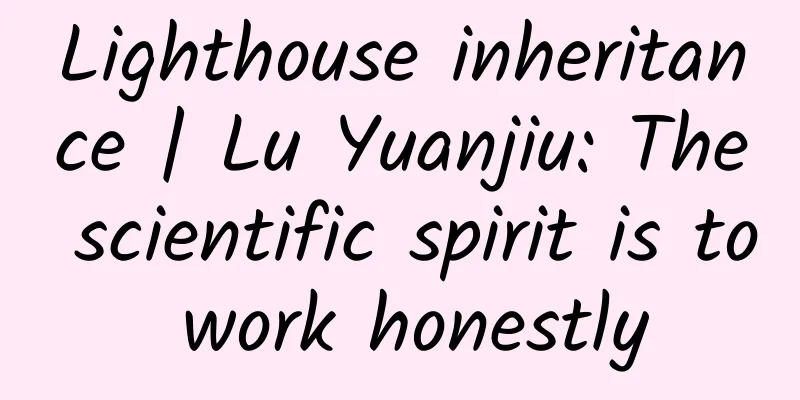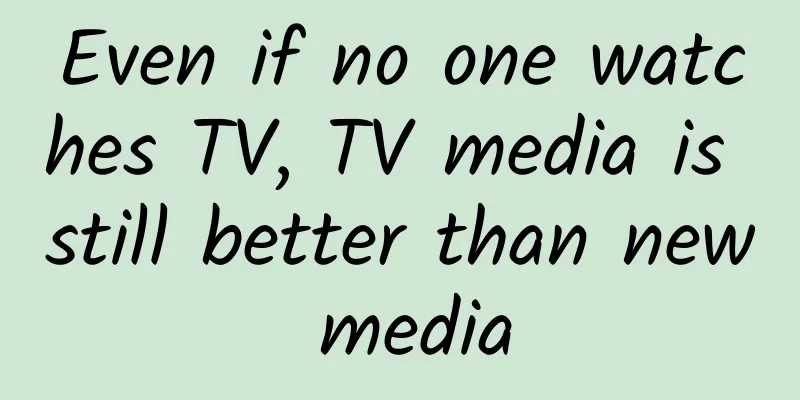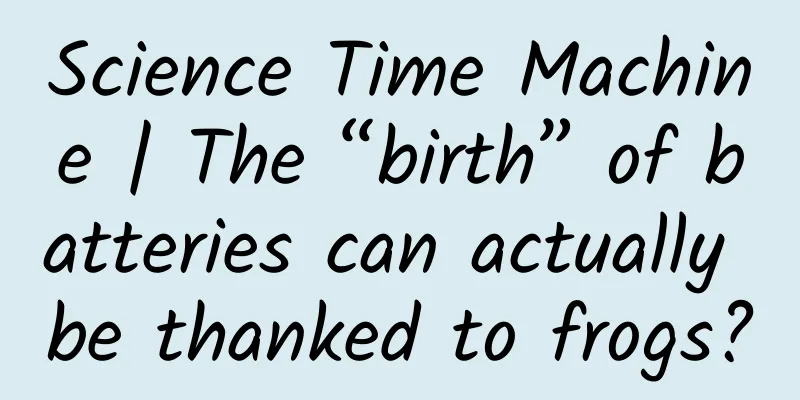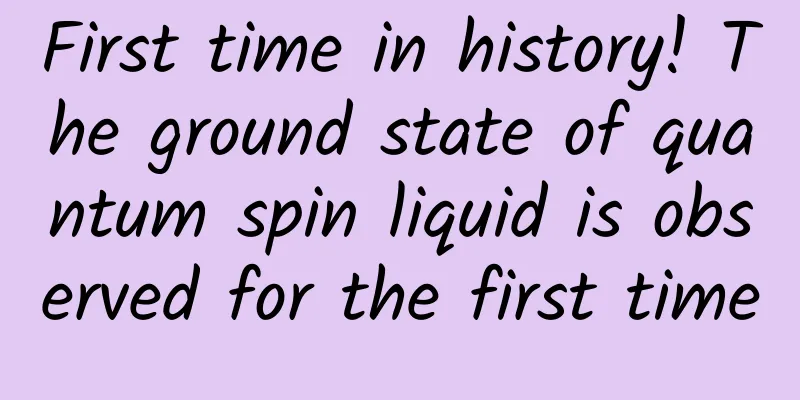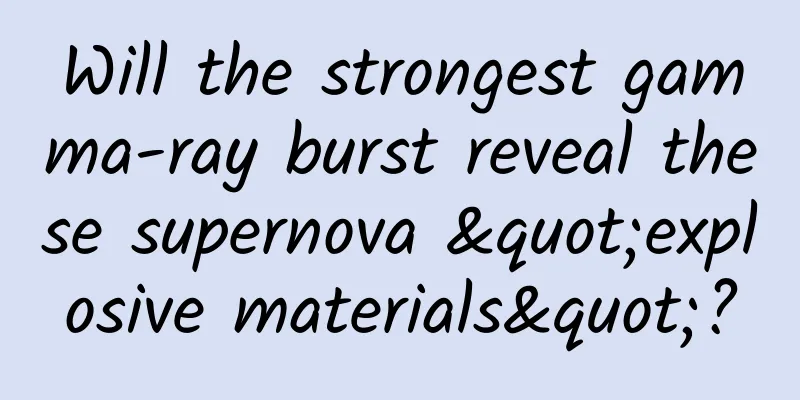AlphaGo's victory: a historic leap forward for artificial intelligence
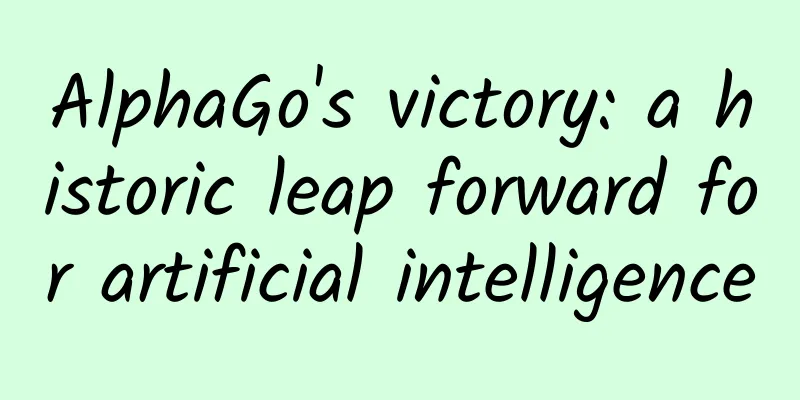
|
In Seoul, South Korea, Lee Sedol and his daughter Lee Hye-rin went to play their last Go game against Google's artificial intelligence program AlphaGo. AlphaGo’s 4-1 victory was a historic step forward for computer programs and artificial intelligence researchers who are trying to create software that can outperform humans at board games. "It made me question human creativity. When I saw AlphaGo's moves, I started to wonder if the moves I knew before were correct," Lee Se-dol, 33, the human player, said at a news conference after the match. "Its style is different, and this kind of game is completely different from my previous experience, so I need time to adapt." "AlphaGo made me realize that I have to learn more about Go," said Lee Sedol, one of the world's top Go players. Go is a two-player strategy board game said to have been invented in China more than 3,000 years ago. Players play by placing white and black pieces at the intersection of a board with 19 lines vertically and horizontally. For computer programmers trying to develop software that can outperform humans at the board game, Go has been the last great obstacle since Deep Blue, a supercomputer developed by IBM, soundly defeated the chess world champion Garry Kasparov in 1997. Artificial intelligence experts have predicted that it will take at least 10 years of development for a computer program to defeat a Go master like Lee Sedol. However, AlphaGo, developed by DeepMind, an artificial intelligence company owned by Google, has already surprised the Go world. In December last year, it defeated the three-time European champion Fan Hui 5-0. Then it challenged Lee Sedol, a much stronger opponent than Fan Hui, who has won 18 international championships. AlphaGo won three straight games at the start, quickly settling the best-of-five match. (Google has said it plans to donate the $1 million prize money to charities such as UNICEF.) But on Sunday, Lee Sedol staged a dramatic counterattack, forcing AlphaGo to resign in the fourth game, demonstrating the human capacity for adaptation. Although many spectators could not understand the intricacies of the chess game, the mood on the field was obviously very tense during the countdown phase of the game. Before making a move, each player only had one minute to weigh and anticipate the next few moves for himself and his opponent. At the award ceremony held after the game, Hong Seok-hyun, president of the Korea Go Association, presented the AlphaGo team with an honorary ninth-dan certificate, the highest title a Go player can receive. Lee Sedol is also a ninth-dan player. Demis Hassabis, chief executive of Google’s DeepMind, said the game against Lee Sedol revealed several weaknesses in AlphaGo that his team would work to address. The computer algorithms used by AlphaGo “could one day be used to solve problems in everything from medicine to science,” he said. Hassabis said more than 100 million people watched the AlphaGo-Lee match, and he said he hoped the attention would encourage more people to learn Go, “the most profound board game ever invented by humans.” Lee Sedol said that AlphaGo is different from all the human players he has encountered before. "It can always maintain mental calm and mental focus," he said. "In this respect, I think humans can't beat it, although I'm still reluctant to admit that AlphaGo is better than humans in chess." Lee Sedol said that before the match with AlphaGo, he had begun to doubt whether he still enjoyed playing Go - he has played as a professional player since he was 12. But he said the match rekindled his passion for Go. “I have some regrets in the match against AlphaGo,” he said. “But I enjoyed it very much.” Source: cn.nytimes |
<<: A brief discussion on the deep learning technology behind AlphaGo
Recommend
Lose fat scientifically and embrace health with ease!
Author: Hu Bingjie Zhou Yi Xi'an Medical Coll...
Zheng Xiangzhou Capital Positioning Strategy
Zheng Xiangzhou Capital Positioning Strategic Res...
Short video operation: How to become a "profitable" vlog blogger?
Tik Tok has been in its fourth year and its produ...
Regarding Chengdu tea tasting agents, I have reliable recommendations for you!
Chengdu Pincha Selection Club Studio Reservation ...
Why does Xiaomi make air purifiers?
A few days ago, Lei Jun announced on his Weibo th...
Meituan APP product analysis report: Strengthen guidance on user decision-making!
1. Introduction 1. Background 2. Experience the e...
Marketing promotion: How to make your ad attract users' attention in 1 second?
In an age of scarce attention, every user is very...
Striving for youth is just about climbing! Come on, students!
2022 College Entrance Examination Today officiall...
10 PPT slides and 5 steps to teach you how to write first-class copy!
How to write first-class copy ? This has always b...
National Low Carbon Day: Let our low carbon habits make the sky blue again
This work is original to "Science Populariza...
Apple is terrible when it learns to compromise
If something keeps running along its original pat...
4 reasons why Microsoft can't give up its mobile operating system
[[139209]] Microsoft CEO Satya Nadella mentioned ...
What does Baidu's bidding display volume mean? What is the relationship between the display volume in Baidu promotion and the online name search volume?
(1). Impression volume refers to the number of ti...
91 Ten Articles: Ford executive Zhu Jiang may join Xiaomi Motors, Volkswagen electric vehicle deliveries doubled
1. Zhu Jiang, Chief Operating Officer of Ford Chi...
Internet marketing? The one who praises you and scolds you is your good man
Can you do good Internet marketing at 0 cost? cer...
